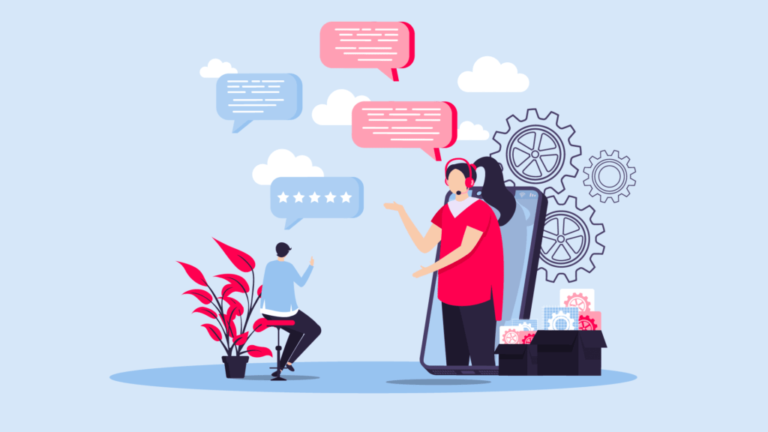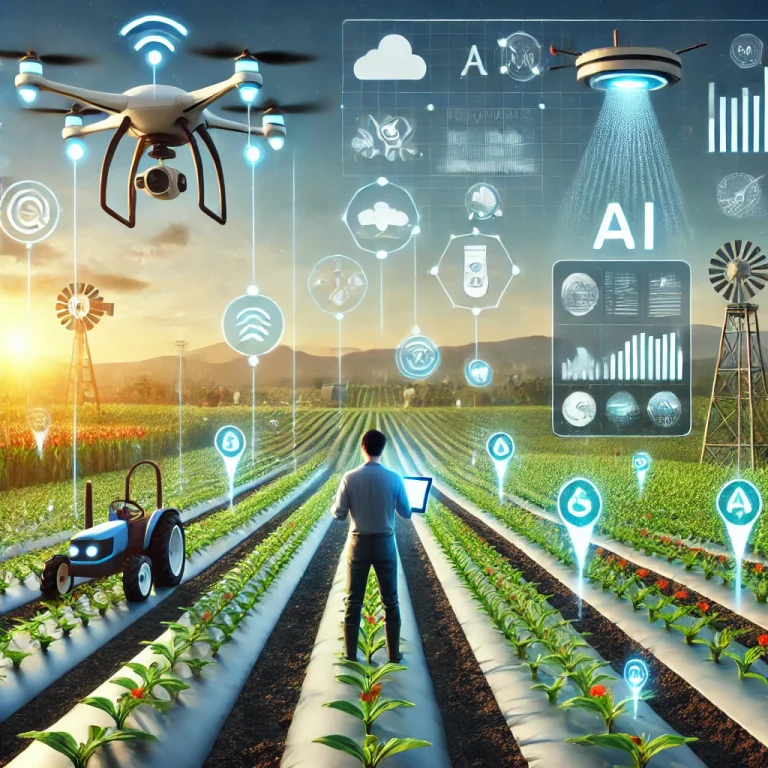Enhancing B2B Customer Relationships Through Chatbots

In the rapidly evolving landscape of B2B operations, chatbots have emerged as a crucial technology for enhancing customer engagement and operational efficiency. These AI-driven interfaces are not just altering the way businesses communicate with their clients but are also reshaping internal processes, leading to a profound transformation in the B2B sector.
The Strategic Importance of Chatbots in B2B
Chatbots in the B2B realm are gaining traction due to their ability to streamline interactions and automate customer service and sales processes. By handling inquiries and routine tasks, chatbots free up human resources to focus on more complex and strategically important tasks. This shift not only boosts productivity but also enhances employee satisfaction by reducing mundane workload.
Personalization at Scale
One of the most significant advantages of chatbots is their ability to provide personalized experiences at scale. For B2B businesses, where relationships and personalized service are paramount, chatbots help tailor interactions based on historical data and specific customer preferences. This approach not only makes clients feel valued but also significantly increases the chances of successful transactions and long-term loyalty.
Automating Customer Interactions
Chatbots excel in automating various customer interactions, from initial contact and lead qualification to after-sales support. By automating these processes, companies can handle a higher volume of inquiries without additional strain on resources, ensuring that no customer query goes unanswered. Automation also leads to faster response times, a critical factor in customer satisfaction and retention in the B2B sector.
Data-Driven Insights
Beyond customer interaction, chatbots are invaluable tools for collecting and analyzing customer data. Through continuous interactions, chatbots gather insights on customer behaviors, preferences, and pain points. This data is crucial for refining marketing strategies, developing products, and customizing services to better meet the needs of the target audience.
Integrating with Existing Systems
For chatbots to be truly effective in a B2B environment, they must seamlessly integrate with existing business systems such as CRM platforms, ERP systems, and marketing automation tools. This integration enables chatbots to access and utilize key business data, making their interactions more relevant and informed. It also helps in maintaining data continuity and accuracy across all customer touchpoints.
Enhancing Communication Efficiency
Chatbots also play a vital role in improving the efficiency of communication not only externally with customers but also internally among team members. By automating routine communications and facilitating quicker access to information, chatbots help in speeding up decision-making processes and enhancing team collaboration.
The Role of Chatbots in Scaling Businesses
As B2B companies grow, the ability to scale customer service and support efficiently can become a significant challenge. Chatbots provide a scalable solution that can handle an increasing volume of interactions without the need to proportionally increase human resources. This scalability is crucial for growing businesses looking to expand their market reach while maintaining high service standards.
Future Prospects of Chatbots in B2B
Looking ahead, the next five years are set to witness even greater integration of chatbots into B2B strategies. Key developments could include:
- Advanced AI Capabilities: As AI technology advances, chatbots will become even more intelligent, offering more nuanced and context-aware interactions.
- Greater Integration: We’ll see deeper integration of chatbots with big data and advanced analytics tools, allowing for more personalized and predictive capabilities.
- Enhanced User Interfaces: Innovations in user interface design will make chatbots more intuitive and easier to interact with, even for complex B2B applications.
- Expansion into New Areas: Chatbots will expand beyond customer service and sales to include roles in HR, procurement, and more, streamlining a wide range of business processes.
Leveraging Certainly for Enhanced B2B Interactions
For businesses looking to adopt or enhance their chatbot capabilities, platforms like Certainly offer robust solutions tailored for B2B applications. Certainly’s platform provides advanced tools for building, managing, and integrating chatbots that can transform customer relationships and streamline operations. For more detailed information on how Certainly can empower your B2B strategies, visit Certainly’s platform.
In conclusion, as B2B enterprises continue to navigate the challenges of digital transformation, chatbots stand out as essential tools for enhancing customer relationships and operational efficiency. Their ability to provide personalized interactions, coupled with their scalability and data analytics capabilities, makes them invaluable assets in the ever-evolving B2B landscape.

